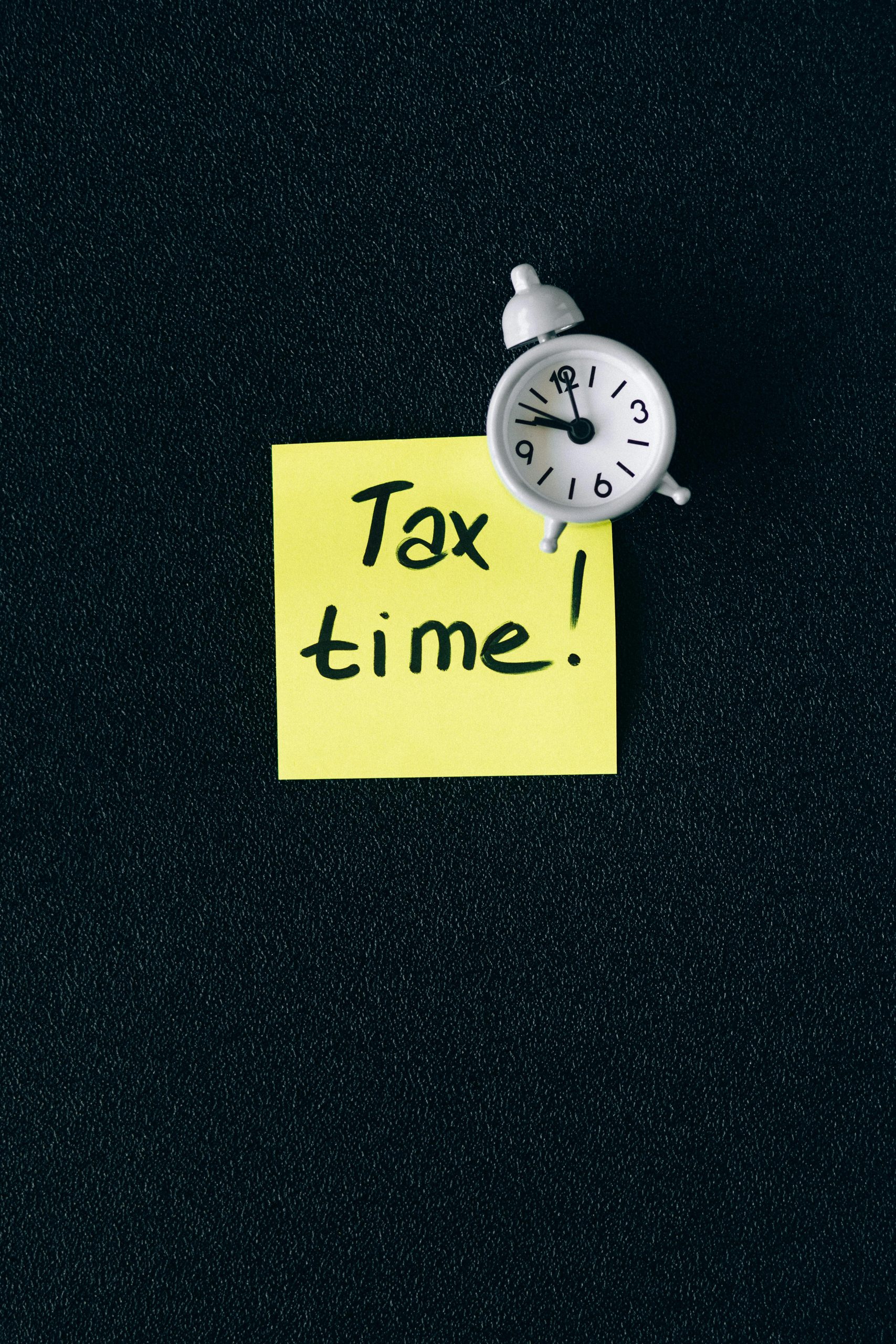Pensions: Company Contributions vs. PAYE Contributions – Which is More Tax Efficient?
Hello everyone,
I’m a sole director currently paying myself around £12.5k annually plus dividends, and I’m trying to determine the most cost-effective approach regarding pension contributions. Specifically, I’m curious whether company pension contributions or PAYE contributions would be better for both myself and the business, considering factors like National Insurance contributions and corporation tax.
I’ve searched through previous discussions but couldn’t find any clear answers. The most insightful post I found was over a year old, and with the recent changes brought about by the Labour government, I’m wondering if there’s been any updates or new advice on this topic.
Any insights would be greatly appreciated. Thanks in advance!










3 Comments
When considering the tax efficiency of company pension contributions versus PAYE contributions as a sole director, there are several factors to take into account. Here’s a breakdown of how each option may impact both you and your business:
Company Pension Contributions
PAYE Contributions
Comparative Insights
Conclusion
In terms of tax efficiency, company pension contributions often outweigh salary payments due to their beneficial tax treatment. However, individual circumstances vary based on overall income, future plans for drawing funds, and the current tax regime. It would be prudent to consult a tax advisor or accountant who can provide tailored advice considering any changes in policies, especially with the looming impact of potential shifts with a Labour government that might affect these parameters.
If you have not already, consider factoring your long-term retirement goals into the equation, as building a robust pension could have significant benefits in the long term.
Your inquiry touches on a crucial aspect of financial planning for company directors, especially in light of recent changes in fiscal policy. When considering pension contributions, it’s essential to recognize that both company pension contributions and PAYE contributions have distinct implications for tax efficiency and cash flow.
Company pension contributions can be particularly advantageous from a tax perspective. Since these contributions are considered an expense for the business, they can reduce your corporation tax liability, making them a tax-efficient method to save for retirement. Additionally, there’s no National Insurance impact on the business for these contributions, which can further enhance their appeal.
On the other hand, PAYE contributions are treated as personal contributions that may be subject to different taxation considerations, but they could allow for immediate tax relief on your personal income, depending on your overall salary and dividend strategy. This could be a more flexible option if you anticipate higher earnings in the future or if you wish to maximize your allowance for self-invested personal pensions (SIPPs).
Given the complexities and the shifts in government policies regarding pensions, it would also be advisable to consult a financial adviser who can provide tailored advice based on your specific situation, including any updates that might impact your decision. Engaging in this planning now could yield considerable benefits down the road.
Ultimately, the decision may hinge on your long-term financial goals, anticipated changes in income, and how you plan to balance your personal and company financial responsibilities. Thank you for initiating this discussion—it’s a topic that affects many in our community!
Great question! When evaluating whether to prioritize company pension contributions or contributions via PAYE, it’s important to consider several key factors, including tax relief, National Insurance savings, and long-term retirement planning.
Typically, company pension contributions are quite tax-efficient for a sole director. They are considered an allowable business expense, which reduces the corporation’s taxable profit, leading to lower corporation tax. Additionally, these contributions are usually exempt from bothEmployer and Employee National Insurance Contributions, which can result in significant savings for the business.
On the other hand, making pension contributions personally via PAYE can sometimes be less advantageous at your current income level (£12.5k), especially if you’re below the personal allowance. Contributions made via PAYE do not attract the same corporation tax relief for your company but can still qualify for personal tax relief, which may be less beneficial if you’re already utilizing your personal allowance.
Considering recent policy changes, including any updates to pension regulations or tax relief mechanisms, it’s worth consulting with a tax professional or pension expert who can provide tailored advice based on your specific circumstances. They can also help factor in future income projections and retirement goals to develop an optimal strategy.
In summary, for a sole director in your position, maximizing company pension contributions often offers a more tax-efficient route, especially due to the combined benefits of corporation tax relief and NI savings. However, do ensure your overall retirement planning aligns with your personal circumstances and seek professional guidance for a bespoke solution.